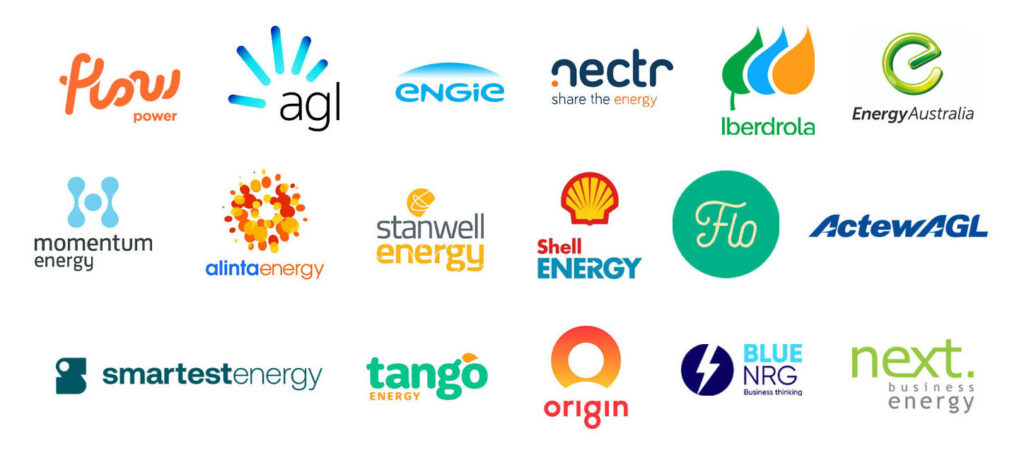The benefits of electric vehicles are huge and include reducing greenhouse gas emissions, protecting our health, reduced noise, lowering running costs, and economic opportunities.
The New South Wales government recently launched the $490 million New South Wales Electric Vehicle Strategy.
It has set a target of 52 percent of new car sales to be powered by electricity by 2030 as the state government pushes towards a Net Zero emissions by 2050 in an effort to tackle climate change.
Electric vehicles are becoming more efficient, but they still need the infrastructure to charge up rapidly.
The NSW government is incentivising businesses and spruiking the benefits of businesses hosting electric vehicle charging stations.
So what are the benefits of electric vehicles?
Lower running costs
When switching to an electric vehicle, the average NSW driver can expect to rake in $1,000 per year in running costs and lower maintenance costs when compared to traditional internal combustion petrol and diesel vehicles.
If you are on the road more often, as is the case with taxis, buses, freight, and rideshare vehicles, the savings get even bigger.
A taxi driver, for example, can expect to save up to $4,500 per year if they switch from a hybrid petrol to a battery EV. That figure increases further if the switch is made from a petrol or diesel vehicle.
The benefits of electric vehicles include cleaner air and better health
EVs contribute a very small amount of pollution through the wear and tear of roads and tyres, but the difference between them and petrol and diesel vehicles is nothing short of staggering.
EV vehicles have zero tailpipe emissions.
With petrol and diesel cars emissions are released close to the ground and into the community, and right into people’s lungs.
Statistics show that motor vehicles account for 62% of Sydney’s nitrogen oxides (NOx) emissions, 24% of volatile organic compound (VOC) emissions, and 14% of particulate matter (PM2.5) emissions.
Lower greenhouse gas emissions

In 2019, transport in New South Wales accounted for a whopping 28 million tonnes of carbon dioxide emissions.
That’s roughly 20 percent of the whole state’s emissions.
50 percent of all transport emissions resulted from passenger vehicles.
It’s a no-brainer.
By increasing the number of electric vehicles on the roads and powering them with renewable energy, emissions can be reduced substantially, fitting in with the goal of reaching net-zero by 2050.
Grid balancing
The benefits of electric vehicles also extend to our electrical grid.
Some eclectic vehicles can behave like a home battery.
This would allow people to store excess generation of rooftop solar in the car on sunny days and use it as and when they please.
If electric vehicles are integrated into the grid through smart technology and charging times are optimised, EVs can help businesses and households to take control of their electricity bills and improve the reliability of the grid.
Improved fuel security
Australia’s current vehicle fleet relies heavily on imports for liquid fuels.
The light passenger vehicle fleet uses 57% of the total liquid fuels used by the transport sector.
With ongoing supply chain crises and trade maneuvers, security has become of paramount importance.
Increasing the uptake of EVs in New South Wales reduces the State’s reliance on imported liquid fuels and soaks up the flood of renewable energy that Australia is generating.
More peaceful roads
EVs are quieter than petrol and diesel vehicles and produce hardly any noise at lower speeds.
Quieter roads help to improve the amenity of public spaces, allowing more people to enjoy outdoor areas and to live near busier roads with less noise disruption.
Quieter roads are also better for everyone’s mental health and make for more pleasant surroundings for businesses such as those in the hospitality sector.
The creation of new jobs is one of the benefits of electric vehicles
An increase in electric vehicles in New South Wales and the rest of Australia will also create new jobs in the EV industry.
These jobs would occur across all parts of the electric vehicle industry, ranging from manufacturing electric vehicle components, installation and managing and maintaining EV charging stations.
New mining opportunities
New South Wales has significant mineral deposits of nickel and cobalt, which is used in EV battery manufacturing, as well as deposits of copper, a crucial mineral required in wiring and transmission of energy.
Demand for these minerals will increase as EV charging networks widen.
Keen to learn more about EVs?
Electric vehicles can help transform Australia’s electricity network.
In our EV 101 series, you can find blogs about the New South Wales electric vehicle strategy, the benefits of businesses hosting EV charging stations, how much it costs to charge an EV, and how EVs can help balance the grid.
Sign up for our monthly newsletter and never miss a beat!
We source, analyse, compare and rank commercial, industrial and multisite energy quotes. Obligation Free.
Chat with one of our experienced consultants today and get the insights your business needs to help manage the risks associated with volatile electricity and natural gas markets. Our energy procurement service is obligation-free and provides a time-saving way of securing lower energy rates from our panel of energy retailers.















